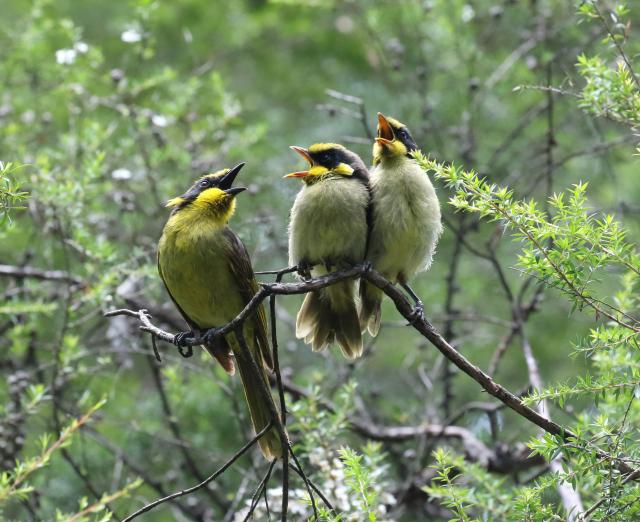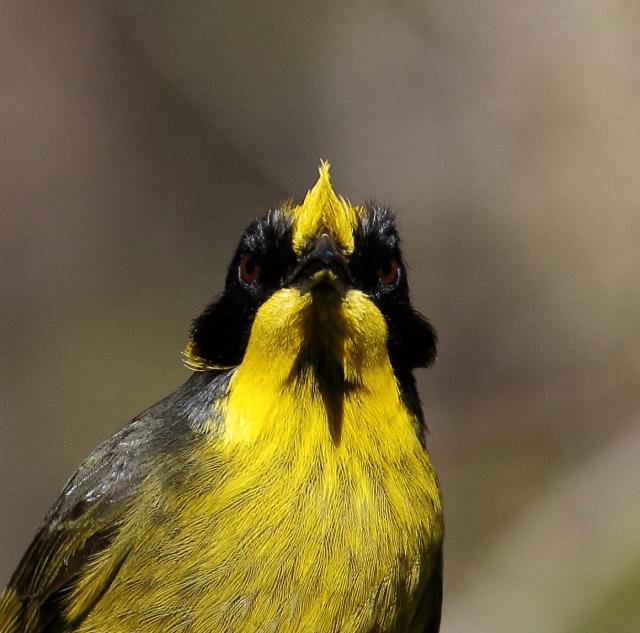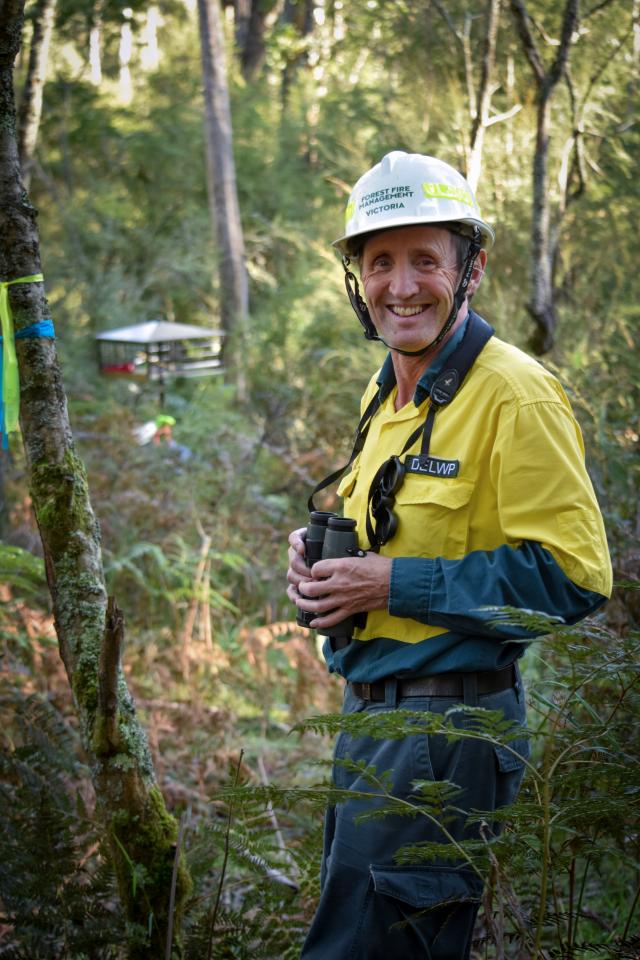By Callum Ludwig
The Department of Environment, Land, Water and Planning (DELWP) is seeking volunteers for their supplementary feeding and monitoring program at Yellingbo Nature Conservation Reserve for the critically endangered Helmeted Honeyeater.
This follows the release of 18 of the rare bird species in the Yarra Ranges National Park on Monday 9 May, the only other location with a wild population of the faunal emblem as the species was declared in 1971.
Program Manager for Natural Environment Viv Amenta said volunteers will work alongside DELWP’s conservation experts to protect the iconic bird.
“Volunteers of the helmeted honeyeater feeding program play a crucial role in ensuring the continued survival of one of Victoria’s faunal emblems and unfortunately, one of our state’s most critically endangered species,” she said.
“You will have the opportunity to learn new skills and knowledge, meet new people and be rewarded by getting to see a rare and critically endangered subspecies in the wild.”
Volunteers would be required to commit to a minimum of one four to seven hour-long rostered shift every two months, with a flexible start time between 8am to 9.30pm. The feeding days are Monday, Wednesday, Friday, and Saturday.
Helmeted Honeyeaters are currently threatened by the declining quality of their habitat in the Yellingbo Nature Conservation Reserve, with natural flood cycles no longer occurring due to the need for surrounding farming areas. This has resulted in the dieback of trees, on top of competition from other species and the threat of natural predators.
The birds can be identified by their yellow, black and olive plumage and a distinctive tuft of feathers on their forehead. Volunteers will be helping feed them a diet of arthropods and nectar, manna and honeydew.
Volunteers will require a moderate fitness level, as they will have to traverse rough and sometimes wet and slippery tracks four to seven kilometres at a time, often carrying equipment. This is made all the more important by the fact that volunteers may be working in isolation, which can be dangerous in a critical situation.
There is no public transport access to the reserve, so volunteers must have access to a vehicle. Some paths require a four-wheel-drive or all-wheel-drive vehicle to access, but others do not so all can be accommodated.
Volunteers under 18 years of age must be accompanied at all times by a parent or guardian, with DELWP unable to provide supervision.
An expression of interest in volunteering can be made at: www.environment.vic.gov.au/conserving-threatened-species/threatened-species-fact-sheets/helmeted-honeyeater









